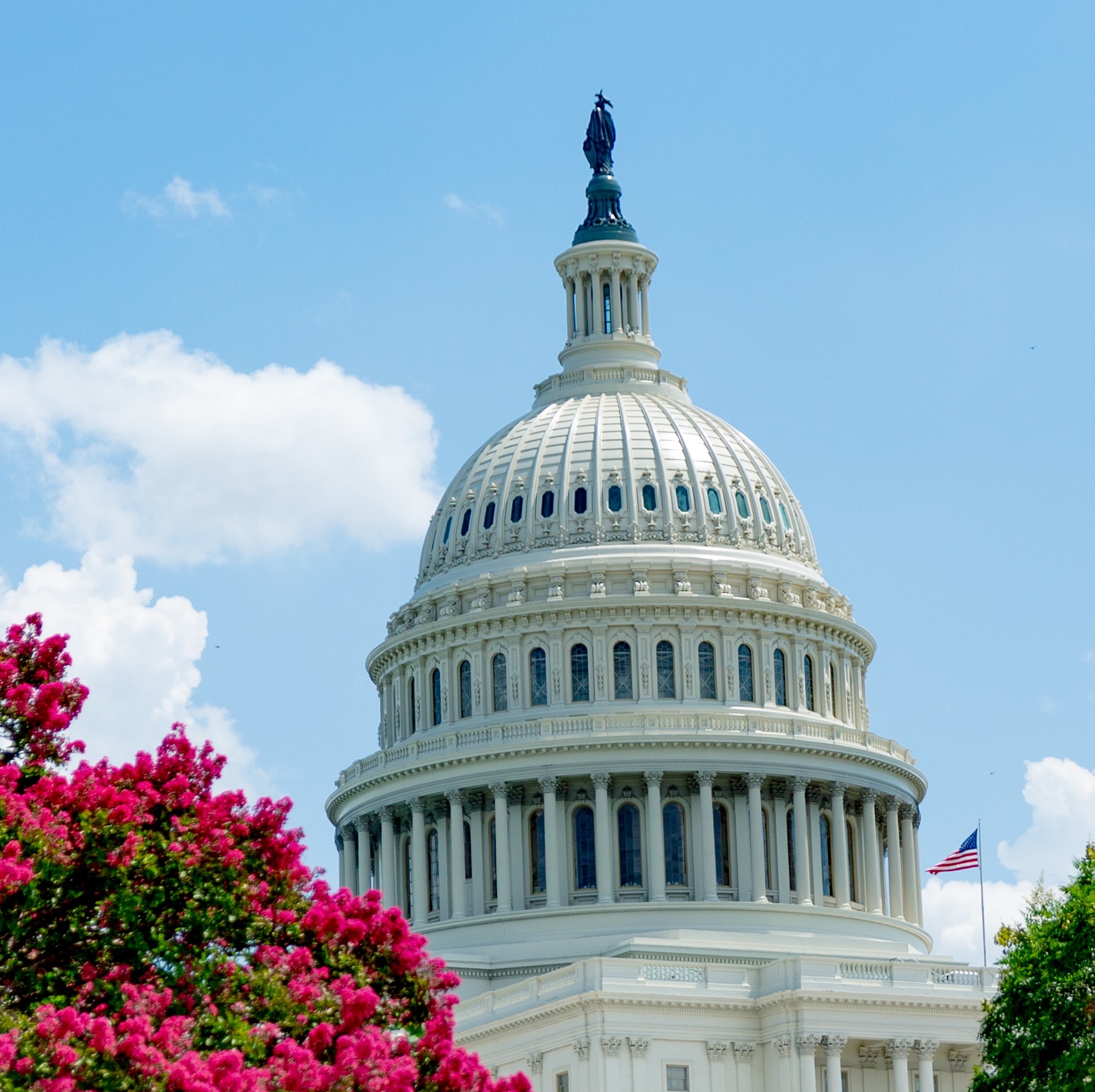
German American Conference
This year’s German-American Conference will be held in Washington, D.C., May 1-2.
More details about the program, speakers, and the venue can be found here.
For a conference that focuses primarily on the German-American relationship, it may have been a little unorthodox for us to address a theme other than Russia’s war in Ukraine or the systemic rivalry between autocracies and the rules-based order. After several years of unprecedented economic disruption, we have intentionally chosen a topic that typically resides in the domestic policy domain—how to ensure economic growth at home. After all, the German and U.S. governments have divisions that handle foreign policy and those that handle domestic policy. They’re not always talking to each other within the Chancellery or the White House (let alone across agencies) – and it’s even rarer that domestic divisions talk to each other internationally, with a few notable exceptions at the technocratic levels among international economic and financial coordinating bodies.
By convening this group, we would like to help move the needle in defining public discourse on comparative domestic growth policies between the U.S. and Europe. Global fragmentation compounds with every additional crisis, from COVID to climate, from Russia’s war in Ukraine to China’s aggressive economic behavior, and from inflation and financial shocks to questions about the fundamentals of economic welfare in both Germany and the United States. The challenges look different because the underlying economic framework in each country is different — but when the public and private sectors of the world’s first and fourth largest economies speak openly about the need to retool sources of growth to ensure the well-being of their populations, domestic considerations become foreign policy and the transatlantic conversation matures into new territory. Advanced economies must share know-how and potential courses of action for domestic policy among themselves at the same time as they strive to remove barriers to trade and improve standardization.
Having open and honest conversations about domestic economic drivers, and where to place them in the global ecosystem, reduces the risk of unintentional distortion. Economic decision-making in the U.S. and Germany is a tightrope walk between expansionary trade policy and domestic incentives, competitive yet fair employment conditions, a complicated regulatory environment for the private sector, and an ever-more tangled web of transactional economic relationships among players who defy adhering to political blocs. In this environment, what Berlin and Washington do for themselves set standards for the global economy.
The conference is being held in cooperation with the American Council on Germany.
